2017 Youth Leadership Institute
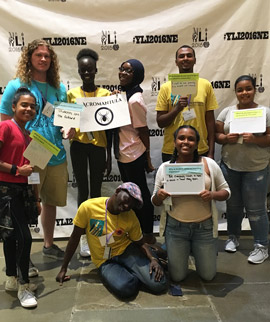
The Youth Leadership Institute is an annual gathering of Nellie Mae Education Foundation’s grantees who are committed to the central importance of youth leadership, voice, and organizing in building system-level change in education that is both student-centered and grounded in equity. The Youth Leadership Institute seeks to support participants to lead for systems change by:… Read More ›
Effective (Teacher-Centered) Coaching

This blog, written by a math teacher and coach, and a member of the Better Math Teaching Network, discusses the importance of coaching for teachers in order to drive student success in math. The blog–a reflective essay of sorts– creates a compelling argument and call to action to transform math classrooms. The author discusses learner-centered models… Read More ›
Why School Leaders Must Support and Encourage Student Voice and Activism
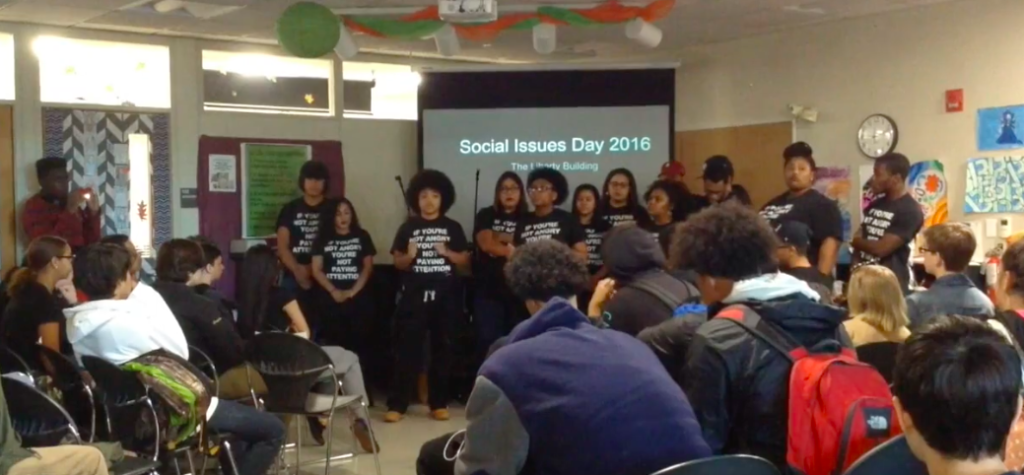
Summer 2014. My students from The Met High School in Providence, RI, were getting ready for their sophomore year, enjoying (or suffering through) the heat of July, when they saw video of Eric Garner being strangled by police in Staten Island. Then in August, as they were getting haircuts and new school clothes, they read… Read More ›
New Hampshire Teachers Build New Ways to Measure Deeper Learning
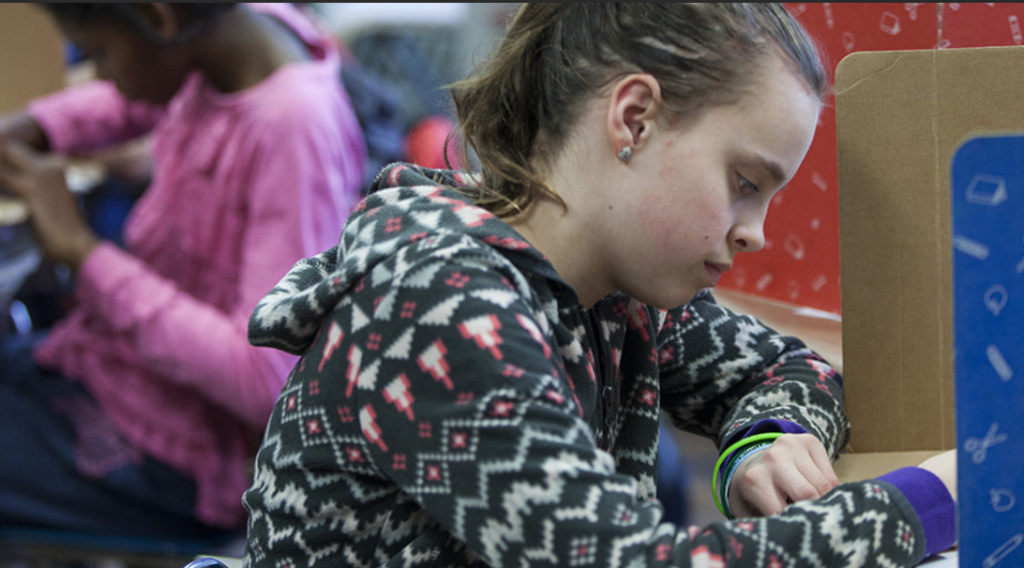
This article explores the successes of a pilot group of New Hampshire districts, as they move from standardized testing to a more performance-based assessment system. New Hampshire is at the forefront of moving schools to a competency-based model, and the article highlights the advantages for students and educators. The author shares classroom examples of project-based… Read More ›
16 Tips to Put Your 1:1 Technology to Work

Read part one and two of this series. Portsmouth Middle School in Rhode Island is about to embark on year two of the implementation of a 1:1 technology program. Below, I share some of our teachers’ favorite strategies and applications from the past year to engage students in collaborative learning experiences. Explore these 16 suggestions (and bonus resources) and take… Read More ›
A Practical Guide to Personalization in a Standards-Based World
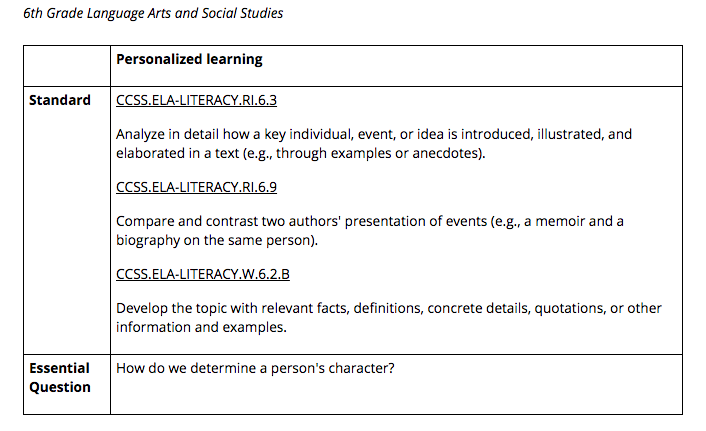
Often standards in education are seen as a roadblock to personalization. This article offers practical strategies for using essential questions to address standards and create personalization, with examples from varying grade levels and subjects. The author feels essential questions can provide more meaningful and personalized ways to connect students to the content. The article includes specific… Read More ›
View from the Trenches of Implementing A Successful 1:1 Program

Read part one of this series. Technology integration coaches’ responsibilities depend on a district’s vision, access to technology and teacher comfort levels with digital tools. As the technology integration coach at Portsmouth Middle School in Rhode Island, I provide general technology support and professional development trainings for the entire school, although most of my time is spent working… Read More ›
1:1 Implementation: Practical Tips & Insights from a Tech Integration Coach

People are usually surprised when they hear that I am the technology integration coach at Portsmouth Middle School in Portsmouth, Rhode Island because in most school systems, this position doesn’t exist. Although I am hardly an impartial observer, I think that many people who work with coaches like me would agree that we’re integral (pun… Read More ›
Personalized Learning, the Navajo Way

This article, from the perspective of a principal, superintendent and mentor of indigenous schools for over forty years, looks at personalized learning and student choice with the lens of cultural responsiveness. The author describes personalization at STAR (Service To All Relations) School, a K-8 School in Navajo Nation, which is grounded in Navajo values with a keen… Read More ›
A Guide for Engaging ELL Families: Twenty Strategies for School Leaders
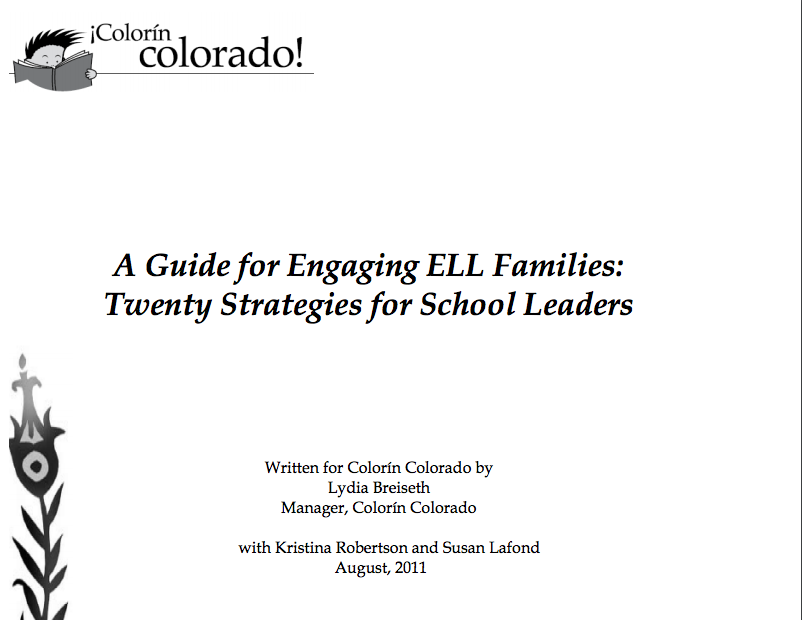
This guide, developed by Colorín Colorado, an organization that supports English language learner (ELL) educators and students, shares useful strategies schools can employ to engage bilingual students and their families. The guide includes six sections: Connection with ELL families Communicating Important Information Parent Participation Parents as Leaders Community Partnerships Creating a Plan Each section offers… Read More ›
How to Design a School That Prioritizes Kindness and Caring
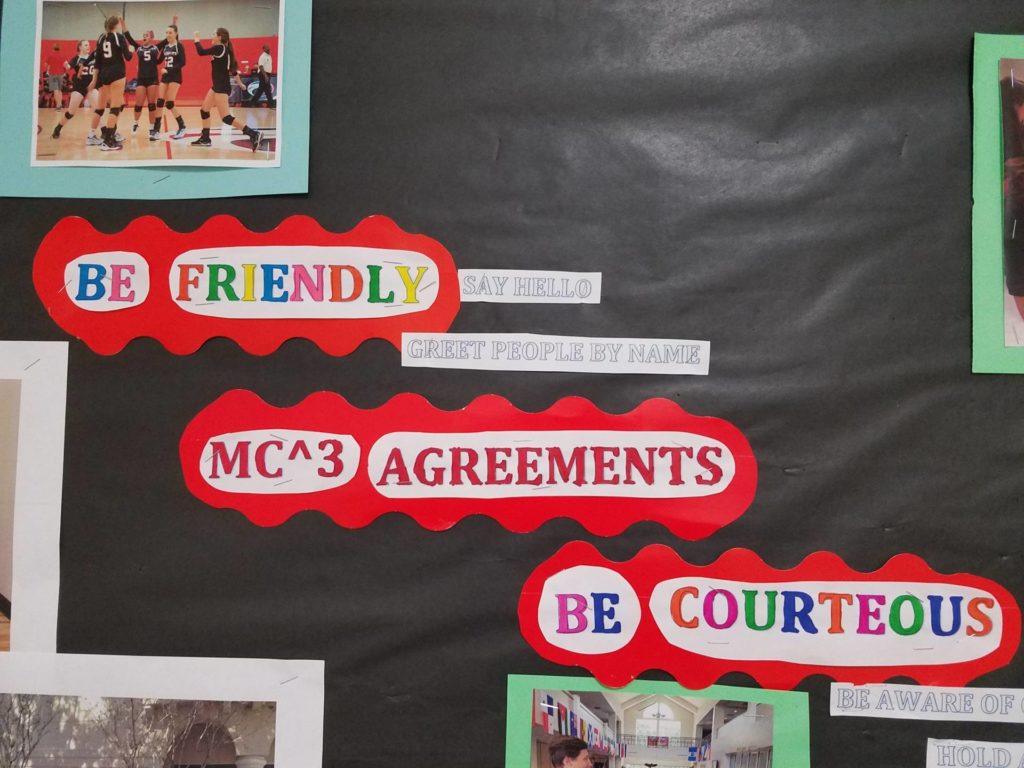
This article shares the success story of Carrollwood Day School in Florida, chronicling the efforts of school leadership and students to make compassion a cornerstone of their educational model. With students at the helm, the school partnered with Harvard’s Making Caring Common project and started a series of small changes, such as a kindness initiative in… Read More ›
Welcoming Schools Starter Kit
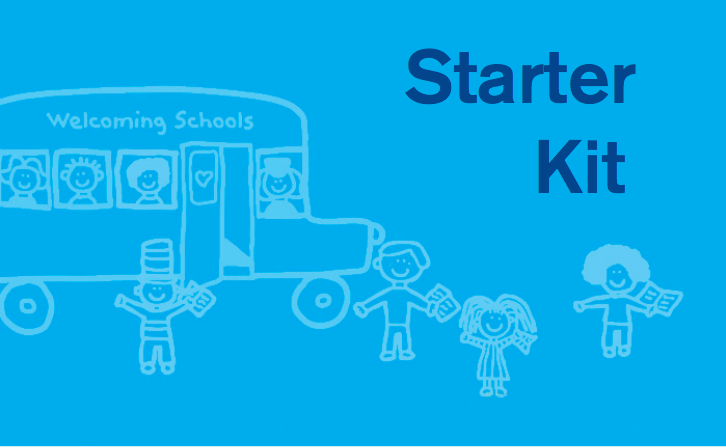
This brief, Welcoming Schools: An Inclusive Approach to Addressing Family Diversity, Gender Stereotyping and Name-Calling outlines a comprehensive, LGBTQ-inclusive approach to creating respectful and supportive elementary schools for all students and their families. Developed by the Human Rights Campaign Foundation, it includes many resources, tips, and strategies such as: A checklist for a welcoming and inclusive… Read More ›